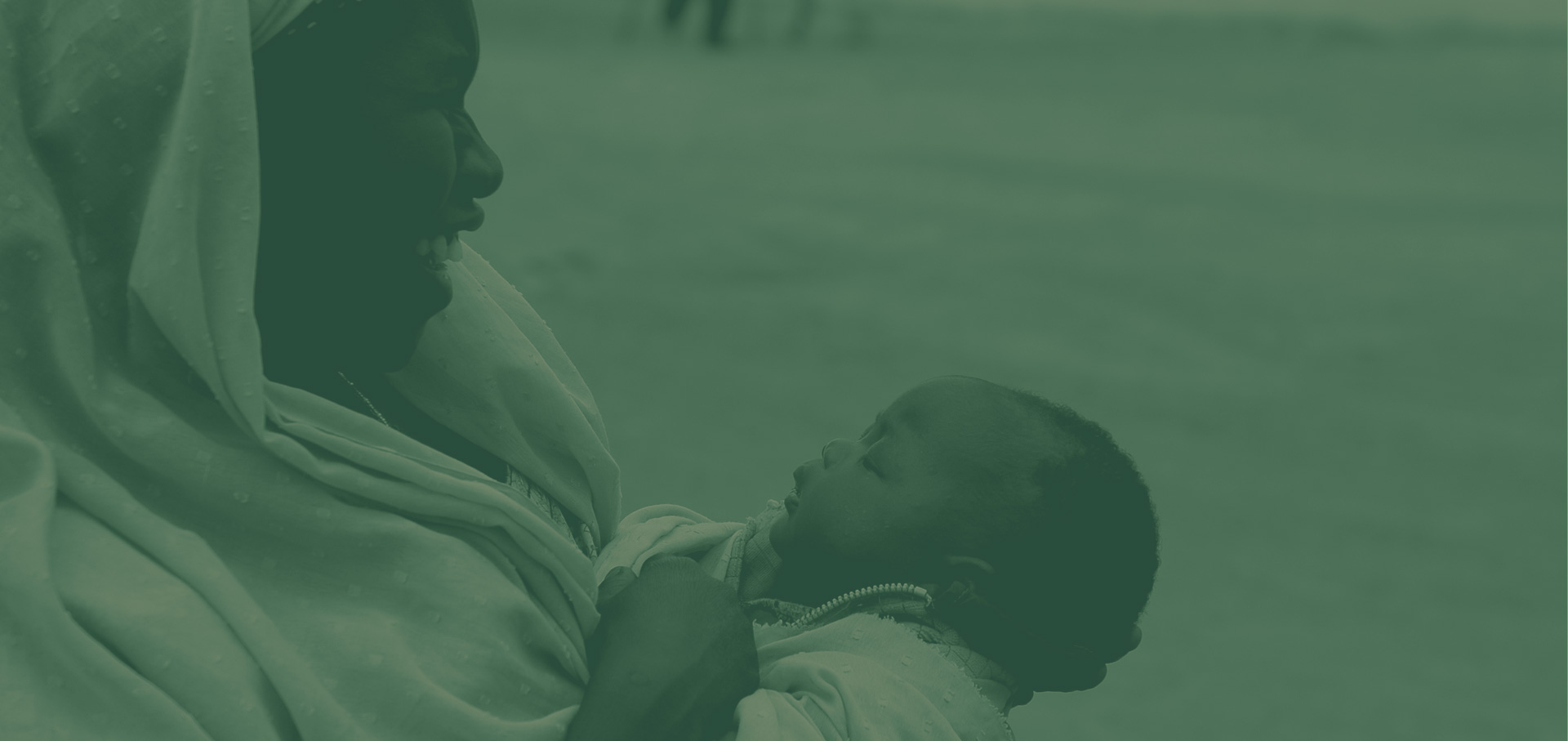The civil war, which broke out in Somalia in 1991, is still in course. After 25 years, Somalia is one of the least developed countries in the world.
The last decades have seen continuous humanitarian crises, high levels of vulnerability and massive persistent evacuation: out of 10 million Somalis 18% are internally displaced people or refugees in neighbouring countries.
The existence of a strong clan system impedes social cohesion. The disparity between the genders is among the worst in the world because of traditional practices like polygamy, forced marriage at a young age and preclusion of women from education and the workplace.
The Somali communities have shown a remarkable capacity for resilience, but after 20 years of civil war the adaptive mechanisms at the family level have become very fragile.
Natural disasters – drought and floods – have reduced the natural resources thus feeding the conflict, weakening the ability to respond and exacerbating evacuations, insecurity, epidemics and malnutrition.
In so complex a context, Cesvi operates to reinforce resilience in the communities and among evacuees in the rural areas of Benadir (Mogadishu) and Hiran (Beletweyne): the objective is to reduce the vulnerability to shocks, in particular to drought, and to improve living conditions at the level of hygiene, subsistence, agricultural and livestock production.
In the same area and in the Mudug regions we deal also with mother-and-child health, enabling access to obstetric services and medical treatment on behalf of pregnant women, mothers and new-born. We aim to reduce infant mortality (under fives) with an integrated social and nutritional approach which includes – as well as the management of health centres and mobile clinics – the rolling out of information and awareness raising campaigns. The children also receive treatment for diarrhoea, pneumonia, malaria, diabetes and measles.
We are the only NGO to provide these services to mothers and children in the camps for displaced person of Alanley, Arafat and Hiran, in the Galkayo region. The activity, carried out by operators from the local community, consists of surgery treatment for pregnant women and severely malnourished children, nutritional programs and the administering of micronutrients.
How is a child born in Somalia?

Muhubo, 38 years old, has three children. He lives with her family at Beletweyne, in Somalia.
She delivered her first child at home, as her mother did, and like her mother she has never had him vaccinated.
At the moment of her second delivery she called again for the traditional midwife when labour set in. The midwife didn’t use sterile instruments, causing serious internal infections for over two months.
Shortly after her second son was born Muhubo fell pregnant again, at the third month she was examined by Athar, a Cesvi sanitary operator who encouraged her to join the antenatal services of the hospital at Beletweyne. Athar explained to her the importance of vaccinating her children to prevent transmissible diseases and took her to the Cesvi health centre.
Athar also spoke to her husband of the need for a wife to undergo regular health checks and to vaccinate her children. Thus Muhubo and her children were moved to the hospital where they were vaccinated. At the Cesvi obstetrical clinic she met Fadumo, a specialised nurse who made suggestions and gave information on various subjects such as basic health, correct nutritional practices, vaccination against tetanus and in general the importance of medical check-ups.
Muhubo returned to the hospital three more times for the necessary examinations before the birth.“I had the baby in hospital, and I felt at home”- she tells us – “Both I and my children are in the best of health. I hope that Cesvi continues its precious work of raising awareness among women, as it has done for me, and among men and the elderly”.